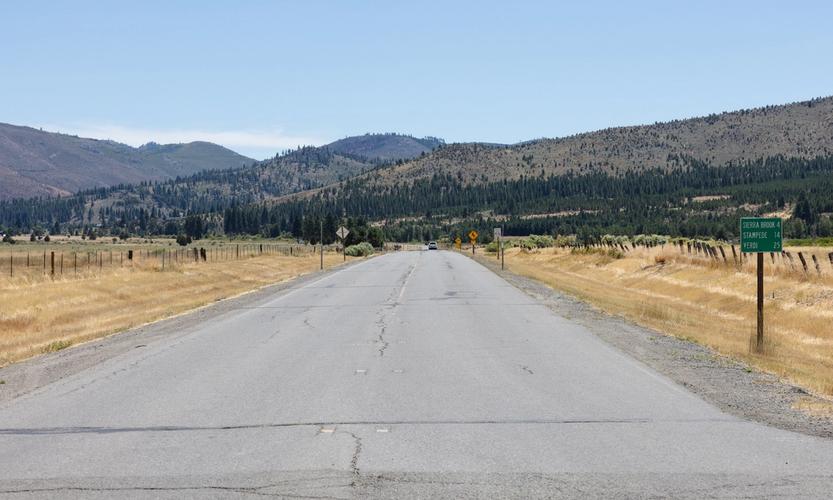There is a Latin term that is currently in the news, and is also a part of the bedrock on which this nation’s democracy is built. The term is “habeas corpus”. Recently, someone asked me to give some space to this term in this column. So, here goes…
The term is from Medieval Latin, and literally means “that you have the body” (from “habeo”, meaning “to have, hold”, and “corpus”, meaning “body”). (Handy to still have that Latin-English dictionary from my university days.)
According to Encyclopedia Britannica, habeas corpus is a common-law writ, issued by a court or judge, directing one who holds another in custody to produce the person before the court for some specified purpose. Although there have been and are many varieties of this writ, the most important is that used to correct violations of personal liberty by directing judicial inquiry into the legality of a detention.
According to the website of Cornell Law School, the concept of habeas corpus first originated in 1215, through the 39th clause of the Magna Carta, signed by English King John, which provided “No man shall be arrested or imprisoned…except by the lawful judgment of his peers and by the law of the land”. English courts began actively considering petitions for habeas corpus in 1600. The website states that “…habeas corpus had initially originated as an instrument in opposition to the king’s ‘divine right to incarcerate people’…”.
In the United States, the sources of habeas corpus can be found in the U.S. Constitution, statutory law, and case law. The so-called “Suspension Clause” of the Constitution (Article I, Section 9, Clause 2) states, “The privilege of the writ of habeas corpus shall not be suspended, unless when in cases of rebellion or invasion the public safety may require it”. Article I delineates the power of the legislative branch (Congress) of the U.S. government; therefore, only Congress has the power to suspend the writ of habeas corpus, either by its own affirmative actions or through an express delegation to the executive branch (presidency). This means that the executive branch does not have the independent authority to suspend the writ.
Habeas corpus was first established by statute in the U.S. in the Judiciary Act of 1789. This statutory writ only applied to those who were in custody of the federal government, and did not apply to those in custody of state governments, which independently afforded habeas corpus according to their respective constitutions and laws. The authority of federal courts to review the claims of prisoners in state custody was only clearly established when Congress adopted a statute in 1867, granting federal courts that authority. The U.S. Supreme Court, in the case of Waley v. Johnson (1942), interpreted this authority broadly to allow the writ to be used to challenge convictions or sentences in violation of a defendant’s constitutional rights, where no other remedy was available.
So, what is the importance of habeas corpus today? Again, going to the Cornell Law School website: “The writ of habeas corpus primarily acts as a writ of inquiry, issued to test the reasons or grounds for restraint and detention. The writ thus stands as a safeguard against imprisonment of those held in violation of the law, by ordering the responsible enforcement authorities to provide valid reasons for the detention. Thus, the writ is designed to obtain immediate relief from unlawful impeachment, by ordering immediate release unless there are sufficient legal reasons and grounds. As a fundamental instrument for safeguarding individual’s freedom against arbitrary and lawless state action, the writ of habeas corpus serves as a procedural device, by which executive, judicial, or other governmental restraints on personal liberty are subjected to judicial scrutiny. The purpose of the writ of habeas corpus is not to determine the guilt or innocence of a prisoner, but only to test the legality of a prisoner’s current detention. In other words, the writ of habeas corpus only functions to test jurisdictional defects that may invalidate the legal authority to detain the person, and the reviewing court only examines the power and authority of the governmental authority to detain the person, and does not review the correctness of the authorities’ conclusion to detain the person.”
What would be the impact if habeas corpus is suspended? I found the most concise statement in the Times of India: “Suspending habeas corpus means the government can detain individuals without formally charging them, effectively circumventing a fundamental right to due process. This can lead to prolonged detention without legal justification and abuse of power.”
Featured Articles

WCB Considers Grant for Sierra Valley Tribal Land Purchase →
Updated November 22, 2025
Sierra County Board discusses grant for Washoe Tribe’s land purchase for habitat preservation.
‘Grizzly’ Wolf Pack Discovered, Beyem Seyo Inactive →
November 24, 2025
Clothing Linked to Missing Resident Gil Clark →
November 18, 2025
CDFW Injects Chinook Salmon Eggs Into North Yuba →
November 13, 2025
Helicopter Logging Project Underway Near Downieville →
November 13, 2025